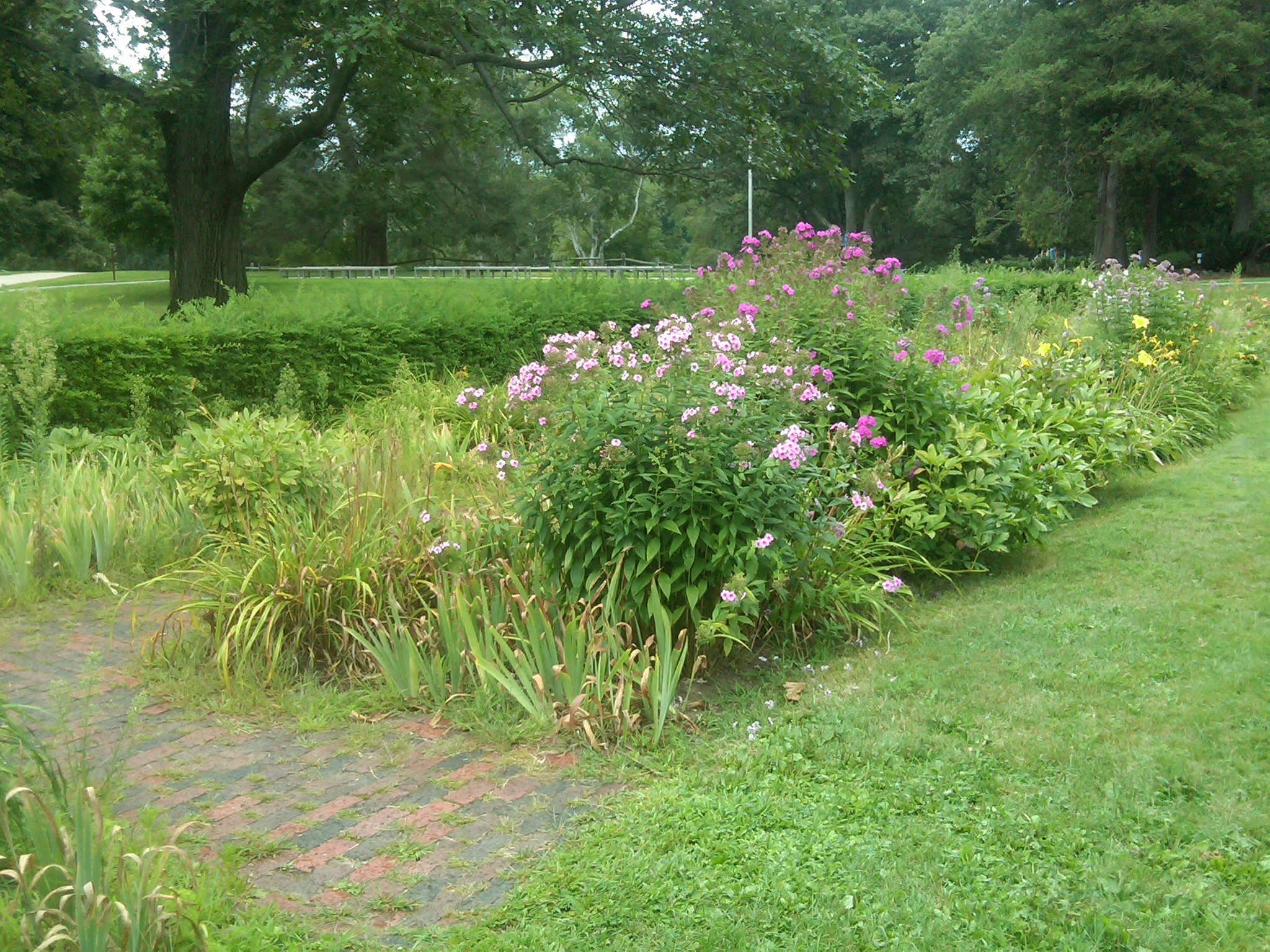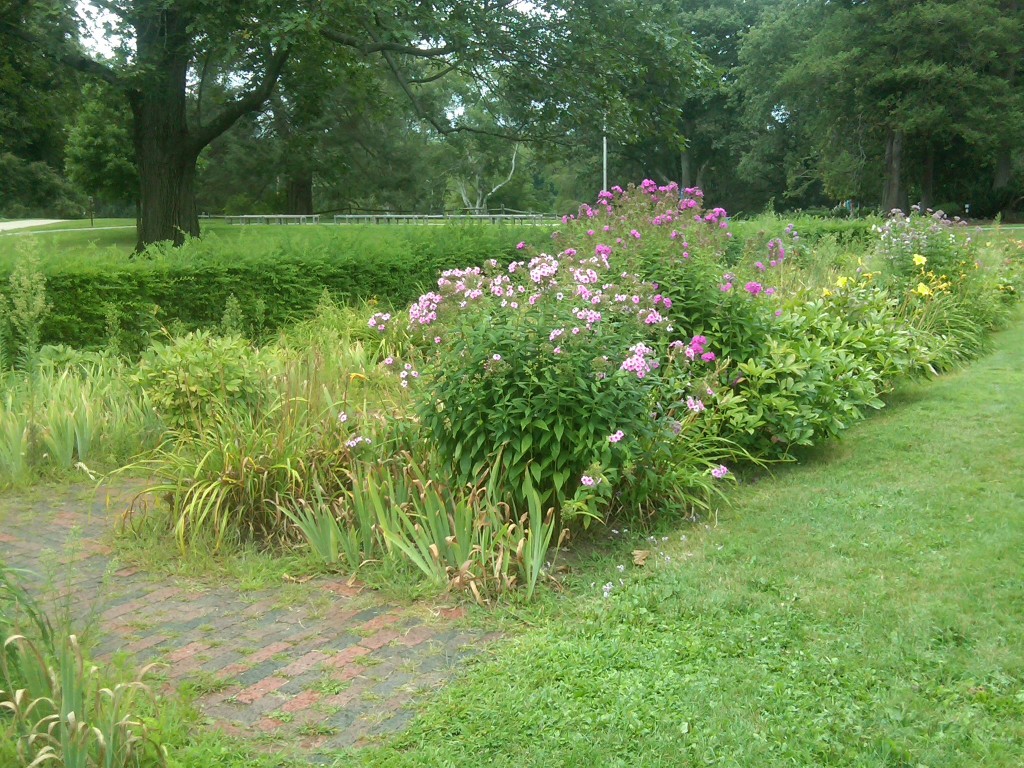
07 Jan Life In The Time Of Change
It's often hard to chart the path forward into the unknown. We might not like the past — but we know how to do it. It seems easier to do what we already know to do – even when we don't like what we're doing or like the outcome.
When we're faced with a crossroads and the street signs are gone we pause not knowing what to do
I think of that almost every time I take a subway in a city I don't live in. Even if I know I am getting out at the right stop, once I get out from underground I look around, trying to get my bearings. Which way do I go?
My heart goes out to people who get caught in their internal subway, moving through the shadowy underground, trying to make sense of the confusing morass inside. Sometimes coming out into the sunshine blinds us and confuses instead of shining the path forward.
This is true in almost all areas of life when we try to do something different.
Change is alluring and complicated
One thing is invariably consistent: we have an ingrained wish to do “it” right.
Even though transitioning into any new phase of life is disorienting we can learn to partner with the shift. Doing so allows us to come up out of the dark inner world into an external world where our inner guidance points out the smaller, more subtle signposts. That's life sustaining.
Watching people move through shift after shift I've started to chart out some helpful tools.
1. Humility
This is so different from the unfortunate stance of feeling that the tsunami of life is about to take us under. Humility on the path happens when we're forced to interact with life in a new way.
When we come up out of the subway and every corner looks the same we need to ask a stranger, which way is Broadway?
The practice of humility allows us to learn from another, not having all the answers. When we're humble we can offer our own experience even if when we have no idea if it's “right” or if others will find it valuable.
Humility allows us to be influenced by others. John Gottman, PhD, the author of many books on relationships found that when we allow others to influence us we both learn about the other person and more importantly, learn more about ourselves, when we listen to hear the perspective of another person even if it doesn't completely mirror our own.
2. Assume The Best
Terror – okay, let's call it fear — can be a pretty constant companion when we are transitioning, shifting anything in our lives. The reptilian brain is so ready to convince us that we're going to be ___________ (you fill in the blank. Hint: it's always bad.)
When we take the stance and deliberately start to train ourselves to assume the best in people and events then there's room to let life change us.
This is hard to do, absolutely, especially when we lose a job, or our partner leaves us, or there's a death of someone important to us. Taking the conscious decision to assume the best means we encounter the fear inside instead of letting it consume us.
3. Cultivating Kindness
This seems to obvious, doesn't it? Being kind seems like the simple golden rule we were all taught from very little.
It's crazy how often we can forget to practice kindness when we're in the midst of life not flowing smoothly. This critical ingredient whose other quality is gentleness is something we often forget – especially when we need it the most.
4. Trust
Maybe it all comes down to being willing to trust the unknown, pausing at the top of the subway steps, looking at all the many hundreds of people rushing by you. Trusting that one of these many strangers will help. The first one might not know anything, might not want to take the time to help you, but someone will.
Trust involves knowing that you're in the right place, that you got off at the right stop and even if you didn't you can get back on the next subway or walk your way, block after block, to get to where you want to go.
Your thoughts and concerns are important to me to hear. What did you think when you read this? Let me know by posting a comment.


